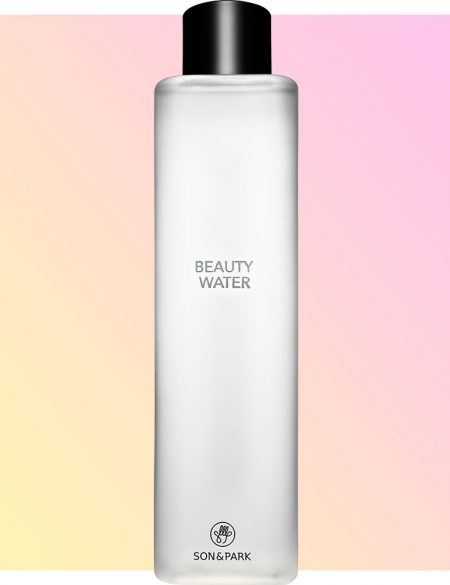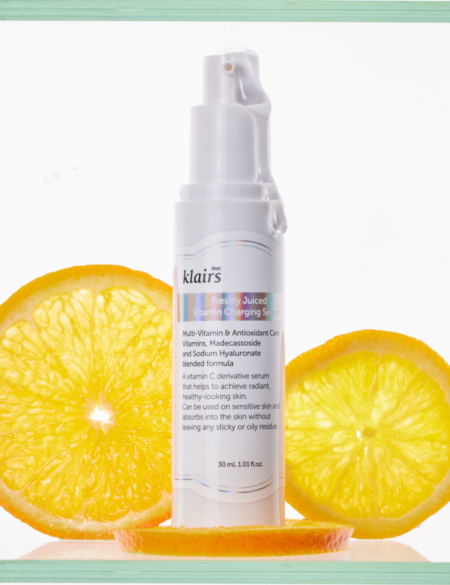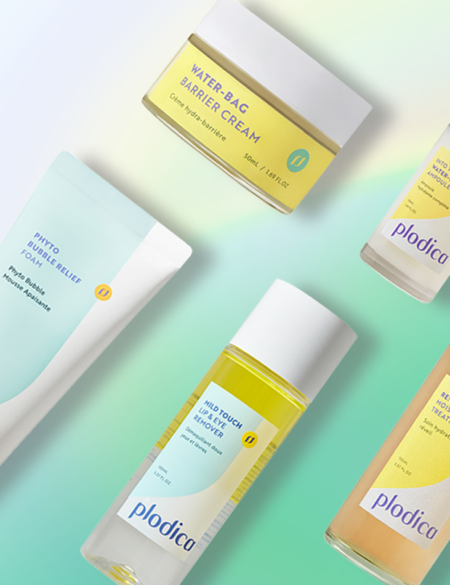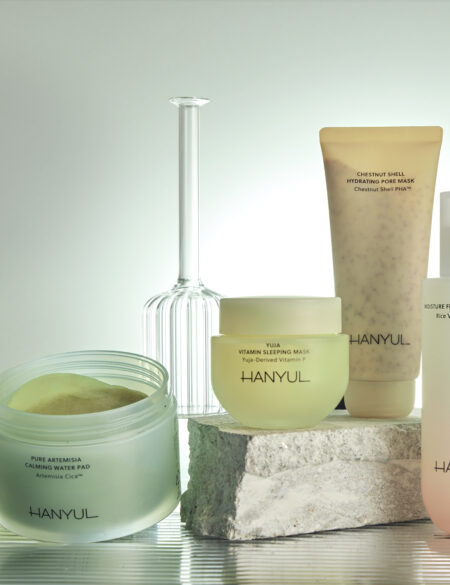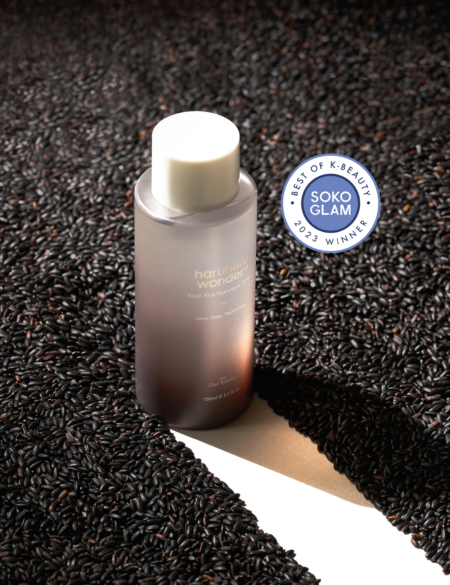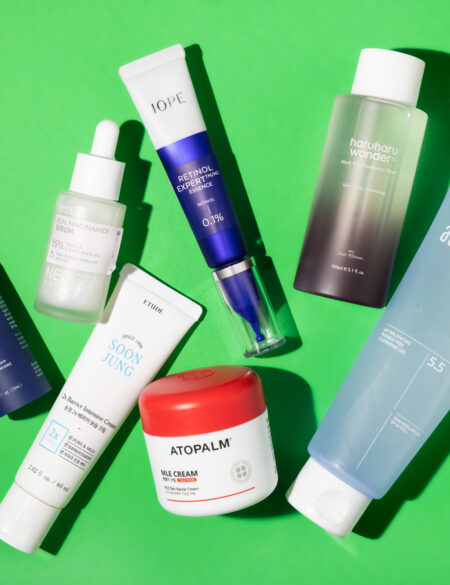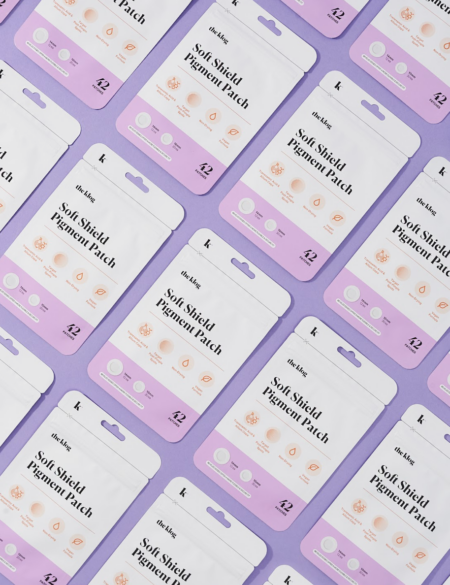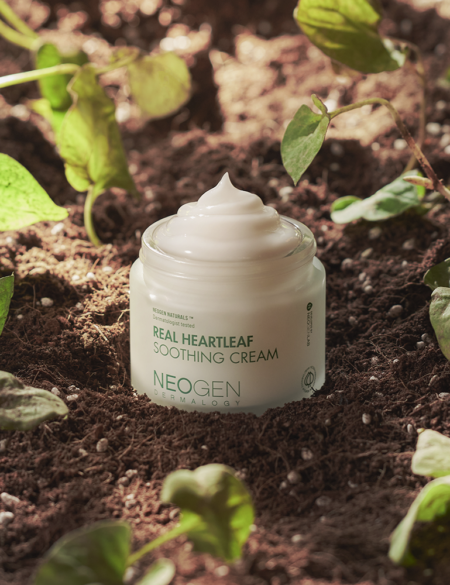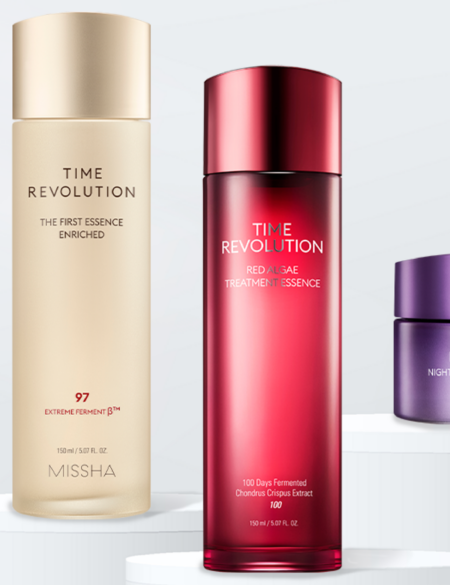
Life is good. <3
It’s funny how things work out. When I was a senior in high school, I cried when I didn’t get accepted to the college of my choice. I remember thinking my life was over.
In retrospect, if I hadn’t gone to the University of California Irvine I probably wouldn’t have graduated in three years. If I hadn’t graduated in three years I wouldn’t have had the opportunity to work in Seoul. If I never went to Seoul, I wouldn’t have fallen in love with the city, its beautiful culture, or met my husband, Dave. If I hadn’t met Dave, I wouldn’t have had my co-founder to start Soko Glam. And if we hadn’t started Soko Glam, I wouldn’t have the opportunity to share my passion for Korean beauty today.
Phew! The bottom line is that that passion was able to manifest into a book—my first book, The Little Book of Skin Care: Korean Beauty Secrets for Healthy, Glowing Skin, which will be coming out next Tuesday at major book retailers! Moral of the story: Everything happens for a reason (Helicopter moms, take note)!
BTW, saying, “I wrote a book,” used to sound so foreign and weird to me, but now it rolls off the tongue. It’s part of my life story now. I won’t ever forget the process: the book pitch, meeting publishers, burning the midnight oil, and working with the illustrator and my editors. All of it happened SO quickly and I had so much fun along the way.
So a celebration and a big thank you is in order! All of you helped me get here. Yes, you! Thank you for reading and supporting Soko Glam. So now, the moment we’ve been waiting for…an excerpt from The Little Book of Skin Care! There were so many to choose from: Should I take you to a Korean spa so you can learn more about the world of exfoliation? Share a skin tip or behind the scenes look at a Korean skin care company? I finally settled on the below, to show you how my own Korean beauty journey began…
xx charlotte
P.S. Thanks to my publisher William Morrow for letting me share!
Skin Culture in Seoul
When I first stepped off the plane in Seoul into a sea of shiny, black-haired heads, I had never felt more at home. The Korea my parents had left behind was a country lifting itself out of poverty, but by the time I arrived, it was a ball of energy that had sprouted concrete jungles seemingly overnight. Seoul buzzed along, fueled by the big hopes and dreams of millions of people determined to achieve them. There were endless alleys to explore, an entire culture to digest, and a plethora of welcoming cafés where I could sit and people watch. I’d expected some of this, but soon realized that my hunger wasn’t just for endless Korean BBQ, but an entirely new perspective.
Then reality hit.
While I was Korean in Orange County, I was definitely American in Seoul, and I was about to experience my first bout of culture shock. I was twenty-two years old, with a beach tan, chunky highlights, and the Korean language skills of a three-year-old. I quickly found out that my semi-conversational Korean was rudimentary at best.
I remember my first day at work. It was February, the dead of winter, and after navigating through the rush hour subway commute in stockings and really pinchy heels, I was pretty lost. I finally stumbled upon the correct building and was escorted by HR to meet my boss. I sat alone in a meeting room, and a man who looked a little younger than my father walked in. His name was Mr. Hong, and the respectful way to address him was Hong Boo-Jang-Nim, which meant Senior Manager Hong. In Korean, he asked, “Do you speak Korean?” I said, “A little.” Then he said to me, “Well, welcome to the hong-bo team.” “Um,” I asked meekly, “What is hong-bo?”
“Hong-bo means public relations,” he explained. The department he headed up. The department I would be working in. Aw, crap. And there went my chance of making a good impression. I could tell that Mr. Hong was concerned.
It turned out that despite what my interviewers had assured me, most of the hong-bo team did not speak English fluently, and my new colleagues were as scared about meeting me as I was about meeting them.
In California, I’d spent so much time in the sun that most people in Seoul assumed I was Southeast Asian, and at work, I was my team’s first international hire. When I arrived, I think we were all surprised by just how much I didn’t fit in: They had no idea what to do with me.
But I was determined to make the most of my time in Seoul and knew that I had to adapt to the city, since it wasn’t going to adapt to me. It wasn’t long before I was taking all the new experiences in stride. It helped that my coworkers immediately took me under their wing: My female colleagues treated me like I was their long-lost cousin—a cousin who just happened to have been raised by wolves. (Side note: Despite this rocky start, Mr. Hong and I went on to work so well together that he became a crucial partner of Soko Glam after he retired from Samsung as a sang-moonim, aka vice president.)
The people in my office teased me because I had messy, unbrushed hair, and I was met with blank stares when I tried to explain that I’d been going for the boho, beachy waves look. They thought I was barbaric because I didn’t use essence in my skin-care regimen, and laughed with me (or at me?) when I admitted that I didn’t even know what it was. When they asked me if I had ever been to a bathhouse or exfoliated, I opted for the easy way out and just lied. I’ve been recently, I said, even though the truth was that I hadn’t stepped inside a Korean spa since puberty.
In passing, my coworkers would say, and rather bluntly, “I could see your dark circles from way over there,” or “What is growing out of your skin?” My favorite, because it seemed to come from a place of genuine anguish about my well-being: “Please brush your hair.”
Asian families tend to be very blunt and won’t think twice about telling you you’re getting fat or that you need to get a boyfriend, so rather than being offended by it, I was used to this well-intentioned rudeness, and it got me thinking about my skin. Also, since diving right into Korean culture, I’d become addicted to the soap-operatic dramas on television, and I’ll admit, I was (still am) shallow enough to be influenced by the actresses.
Their faces were flawless, even when I watched them in HD!
As I spent more time with my coworkers outside the office, I found out many of my female colleagues looked far younger than they actually were, and even my male colleagues seemed to know more about skin care than I did. It wasn’t unusual for a super manly guy to have a bottle of SPF and some hand cream at his desk, and almost everyone had their own personal humidifier to keep the cold winter air from drying out their skin. The rows of cubicles were as dewy as the rain forest room at the zoo, and so were the faces. More than just dewy—they were glowing.
Outside the office, skin-care culture was just as prevalent. Every street corner in Seoul was lined with cosmetics shops—no, really, you can stand at an intersection in Myeong-dong and see the same stores every which way you turn. On my daily walk home from work, I’d pass dozens of windows filled with creams and treatments, and entering through the doors was like walking into a candy shop of mysteries. There were remedies for everything, from treating dark circles, to reducing breakouts along the chin, to CC creams that made you look flawless and natural while protecting your skin, to little gel caps that you could smooth out over your nose to get rid of blackheads. I pored through dozens of sheet masks made with rice, royal jelly, or even fermented yeast! These at-home spa facials in a packet were less than the cost of a subway ride, and they were made even more enticing by their cute and sophisticated packaging. There were potions and ingredients I’d never heard of before, like creams infused with snail extract to help fade acne scars, or snake venom to plump and firm the skin. Everything was inexpensive, and I’d spend hours in the shops, inspired to try different formulas and test the various concoctions. Even when I had a bagful of new products in my hand, I still had a list in my head of what I wanted to try next.
With so many brands and products offered, I zoned in on trying to find the best and pestered my Korean friends about their skin-care routines and the products that achieved the best results for them. I dug for information myself, going through Korean beauty blogs and watching my new favorite program, a beauty-dedicated cable show called Get It Beauty, which seemed to always be on in the background wherever I was home. I also had teachers and allies in the shop clerks, who, despite being younger than me (or were they?), were incredibly knowledgeable about skin-care products and techniques.
The fact that skin was a priority was apparent in many day-to-day interactions. On an elevator ride up to my apartment, I eavesdropped as an older man greeted the lady standing next to me. He said to her in Korean, “Your skin looks amazing today!”
As much as I could with my peripheral vision, I examined this so-called amazing skin, which really was dewy and bright and belonged to a woman who looked to be in her late twenties, even though she could have been decades older. Her skin was so flawless and poreless, almost perfect, and her reaction showed just how much pride she took in her complexion. Her eyes widened with pleasure and she giggled at the compliment, her hand politely covering her mouth.
There were two takeaways from observing this interaction in the elevator. First, the fact that he even noticed her skin was mind-boggling. What American man would have? Second, her reaction was pure bliss. She might as well have won the lottery.
After that elevator incident, I began to notice beautiful skin everywhere I turned. So many faces I saw were silky and even. I envied how fresh and dewy they looked and wondered what these women did to keep their skin from being dull or flaky.
I know what you’re thinking right now, because I thought it, too: It’s genes, dummy. They’re all born with it! But the skeptic in me was silenced every time I looked in the mirror: I was full-blooded Korean, and I was as dull and flaky as a potato. I knew I needed to start taking active steps to take care of my skin, even overhaul my regimen if needed.
Four weeks after landing in Korea, I had my own humidifier at my desk, and instead of looking forward to a glass of wine after work, I found myself genuinely excited about going home and washing my face. You know what they say: When in Seoul, do as the Koreans do.
The Little Book of Skin Care: Korean Beauty Secrets to Healthy, Glowing Skin (William Morrow) hits shelves Nov. 10. Head to your favorite book store then, or pre-order yours now at littlebookofskincare.com.



